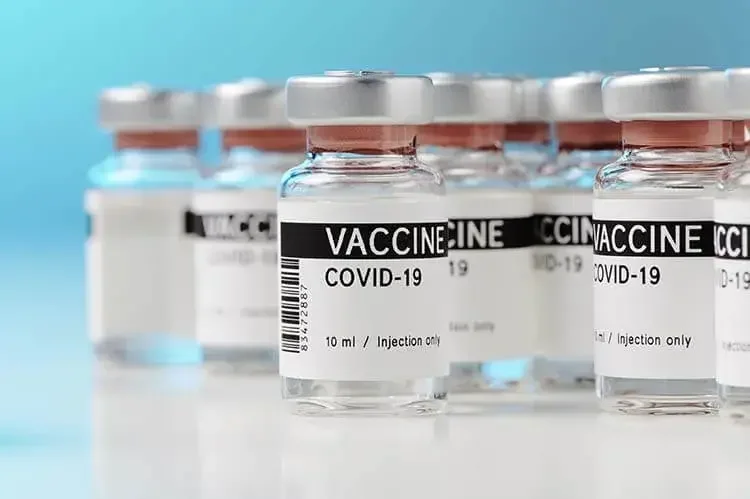As of November 2020, close to 1.5 million people worldwide have died because of the COVID-19 pandemic, and almost 69 million are infected with the virus. Because of this looming crisis, pharmaceutical, biotech, and life science companies faced an interesting dilemma regarding intellectual property rights: Should intellectual property rights be relinquished, and do companies share the information they've developed?
"At the beginning of the pandemic, companies began to scramble to find a vaccine and realized they weren't going to solve this on their own," says Kevin Bell, a Washington, D.C., intellectual property lawyer specializing in biotech and pharmaceutical-related matters. "What we've seen is companies in the life science sector started collaborating together and sharing information."

What will COVID-19 mean for the future of intellectual property rights?
Advocacy groups and countries like India and Spain requested the World Trade Organization (WTO) to suspend intellectual property rights related to the COVID-19 vaccine so that developed and developing nations alike would have equal access to resulting technologies.
"This call to relinquish IP rights or an open license had many people on board, but the pharmaceutical companies were not necessarily in favor of this idea," says Bell.
Protecting IP rights leads to greater innovation. The WTO appears to agree and has opted to delay its decision to suspend intellectual property rights.
Does the pandemic set a dangerous precedent?
Scott A.M. Chambers, attorney and partner in the intellectual property and litigation department at the law firm of Alden Golden Gregory LLP, doesn't believe the COVID-19 pandemic will impact future IP rights.
"It will generally be business as usual," he says. "When competitors see cooperation is of value in this situation, they will want to exchange information in some areas and share other trade secrets rather than license them."
Chambers emphasizes that the IP system allows courts to make certain decisions about whether something is in the public good. He believes interactions will promote more positive dialogue.
Bell believes companies are going to engage in greater innovation to find solutions. "People will likely learn how to use old technologies in a different way or come up with new technologies that are more inventive."
New territory for intellectual property rights
Chambers thinks IP rights, as a result of the pandemic, are moving into a positive direction. "After the crisis that results from this, there will be a surge in innovation."
According to Bell, interesting disputes may emerge from IP rights. Companies might have to "decide how much they give up to feed progress."
One of the bigger shifts is if all the companies are capturing all of the intellectual property that they would capture in a normal situation and development of the drug, Bell believes "there might be some intellectual property that might be lost because things are rushed."

